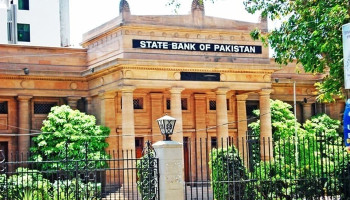
In an effort to combat tax evasion and trace suspicious financial activities, the FBR will only send/send CNIC numbers/not send income tax return information to banks for certain bank account holders.
This occurred under a new proposed law: Section 175AA of the Income Tax Ordinance, "Exchange of banking and tax information related to high-risk persons".
FBR new CNIC-basrd monitoring systems
The FBR intended this to cease unreported high-value transactions and get a better grasp on who may avoid taxes altogether.
Notably, the FBR chairman highlighted during a parliamentary committee meeting that the tax body intended to share personal income or tax return information with banks.
Instead, it may only share batches of CNICs that coincide with transactions classified as red flagged. Red flags for banks are raised when bank transactions do not compare or correlate with reported income.
In an additional effort to nail down the tax net, the FBR also proposed establishing a central unified reporting system for reported transactions so all banks report transactions to one base in the interest of eliminating other means for individuals to open more bank accounts and escape across their spending and income.
However, concerns were raised over a sub-clause in the proposed law that allowed sharing of income and bank account details with scheduled banks.
Moreover, the FBR chairman responded positively and said they are open to revising or removing that clause to protect taxpayers’ privacy.
He added that the State Bank of Pakistan (SBP) would help FBR in implementing the new system.
















